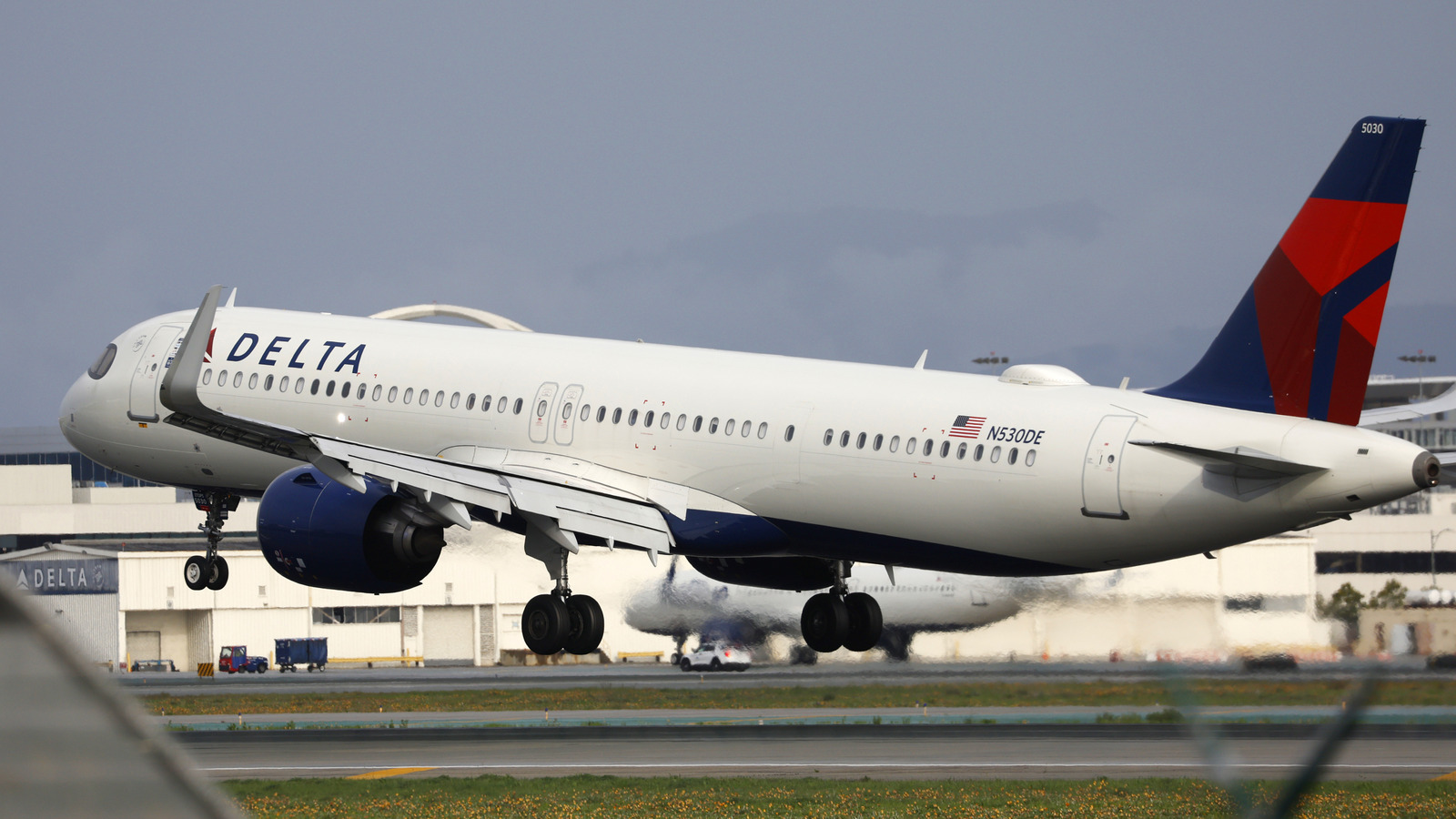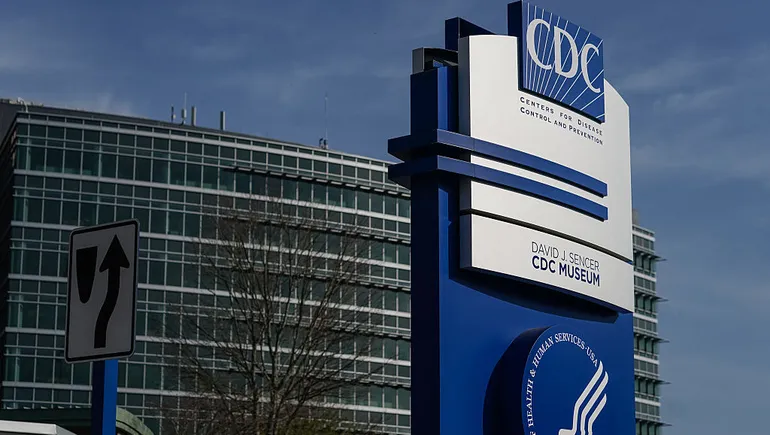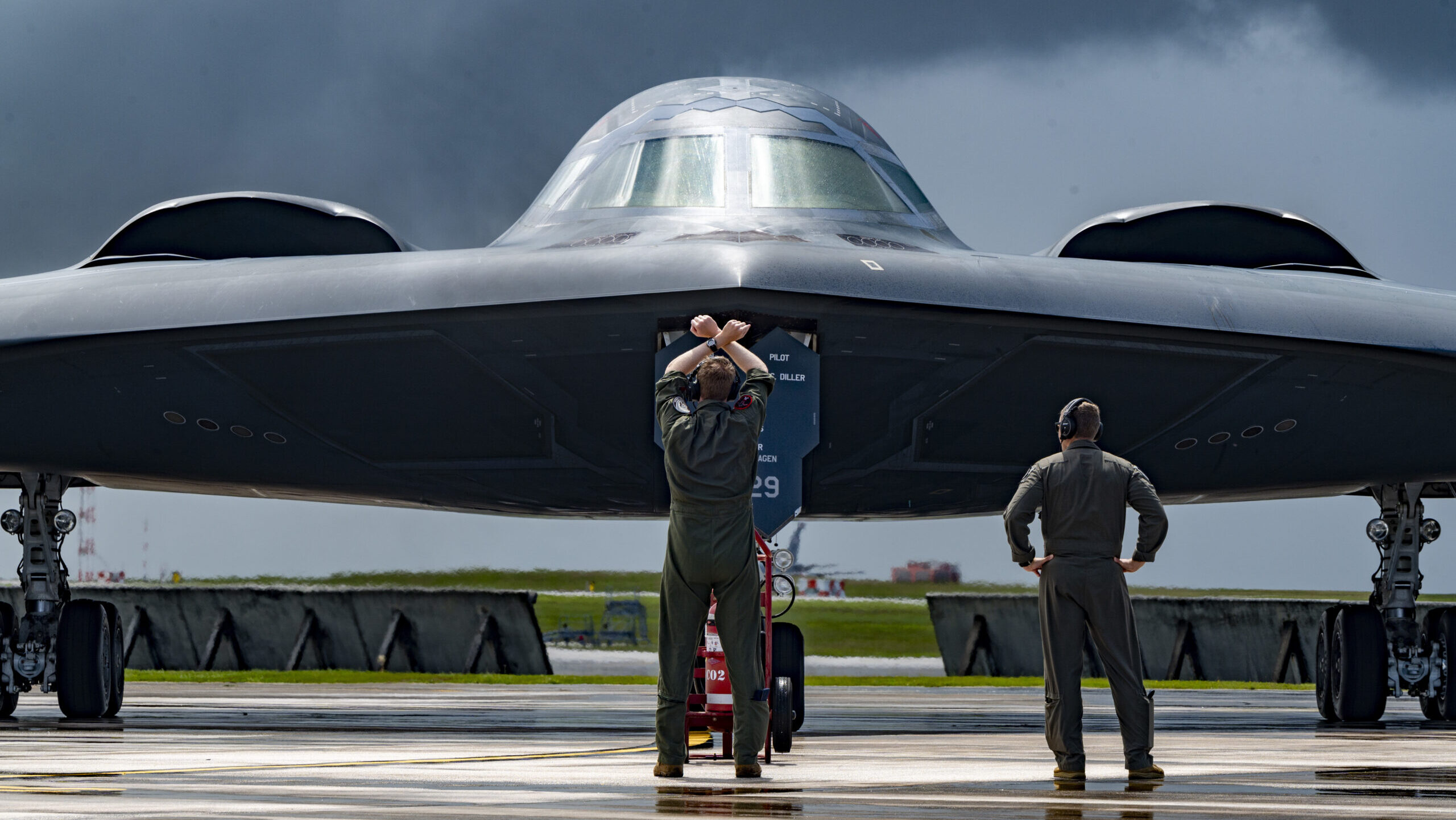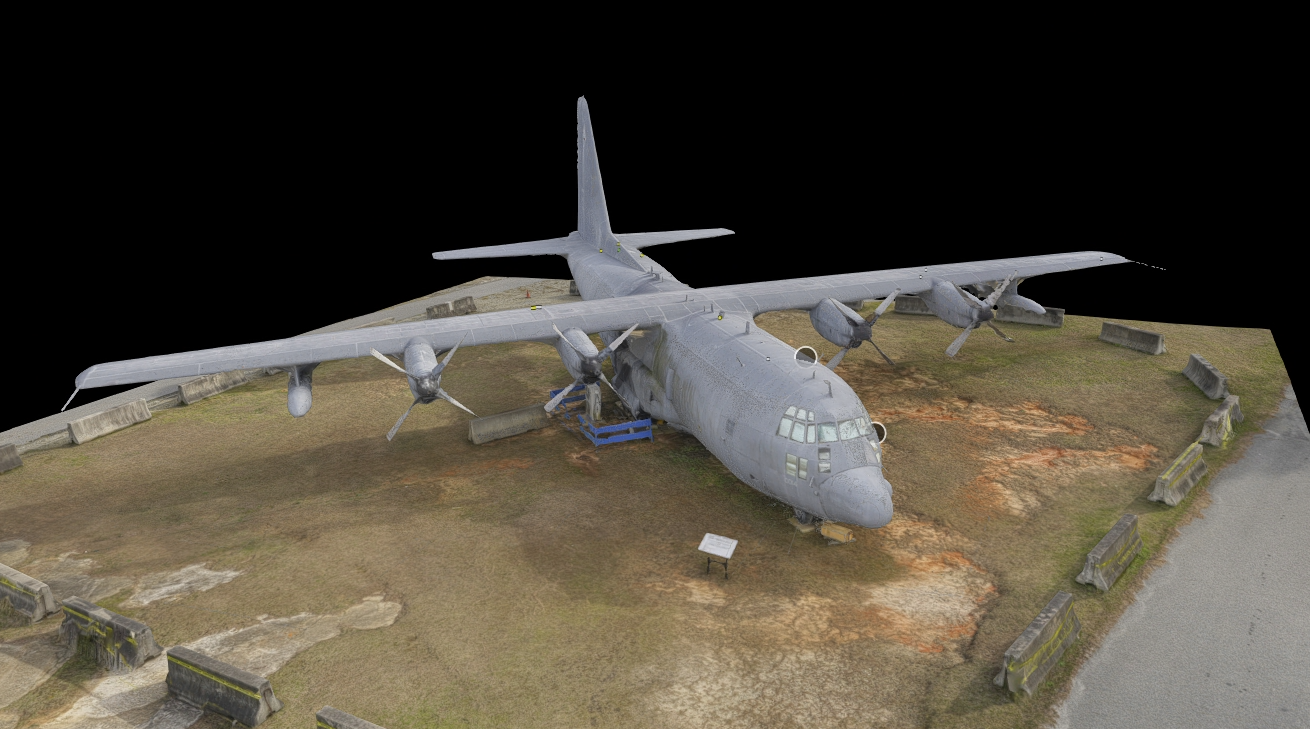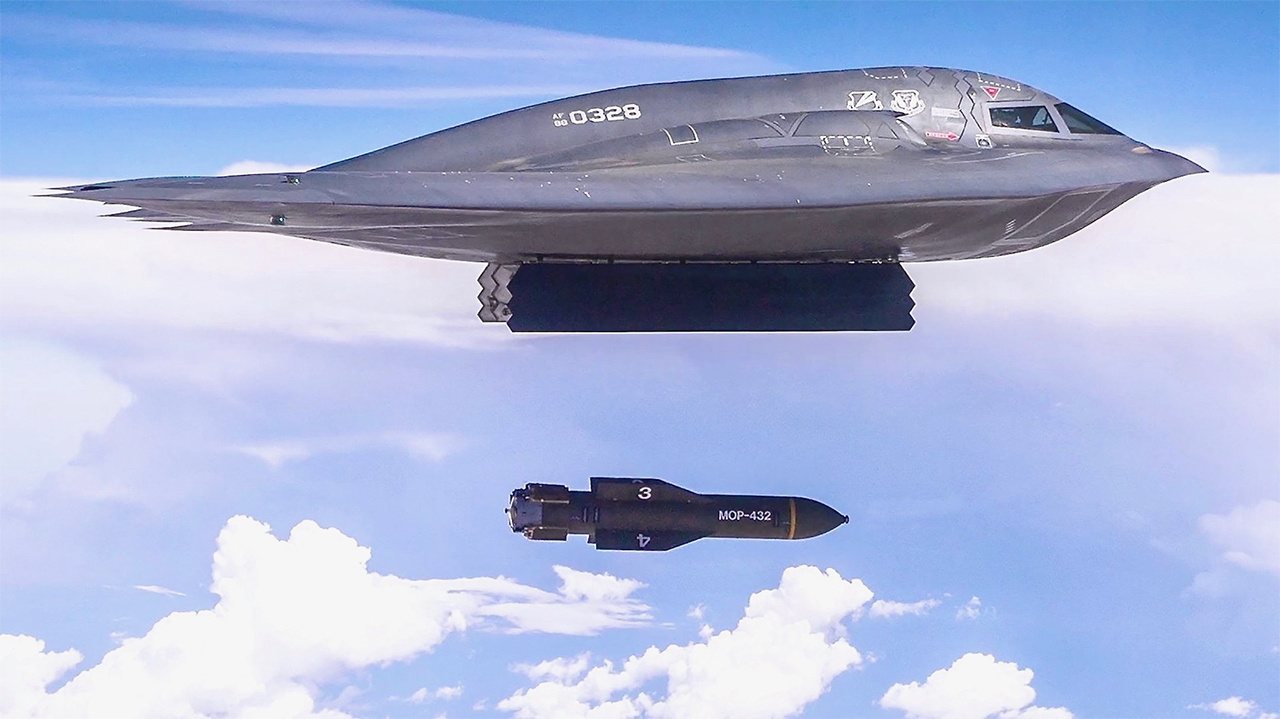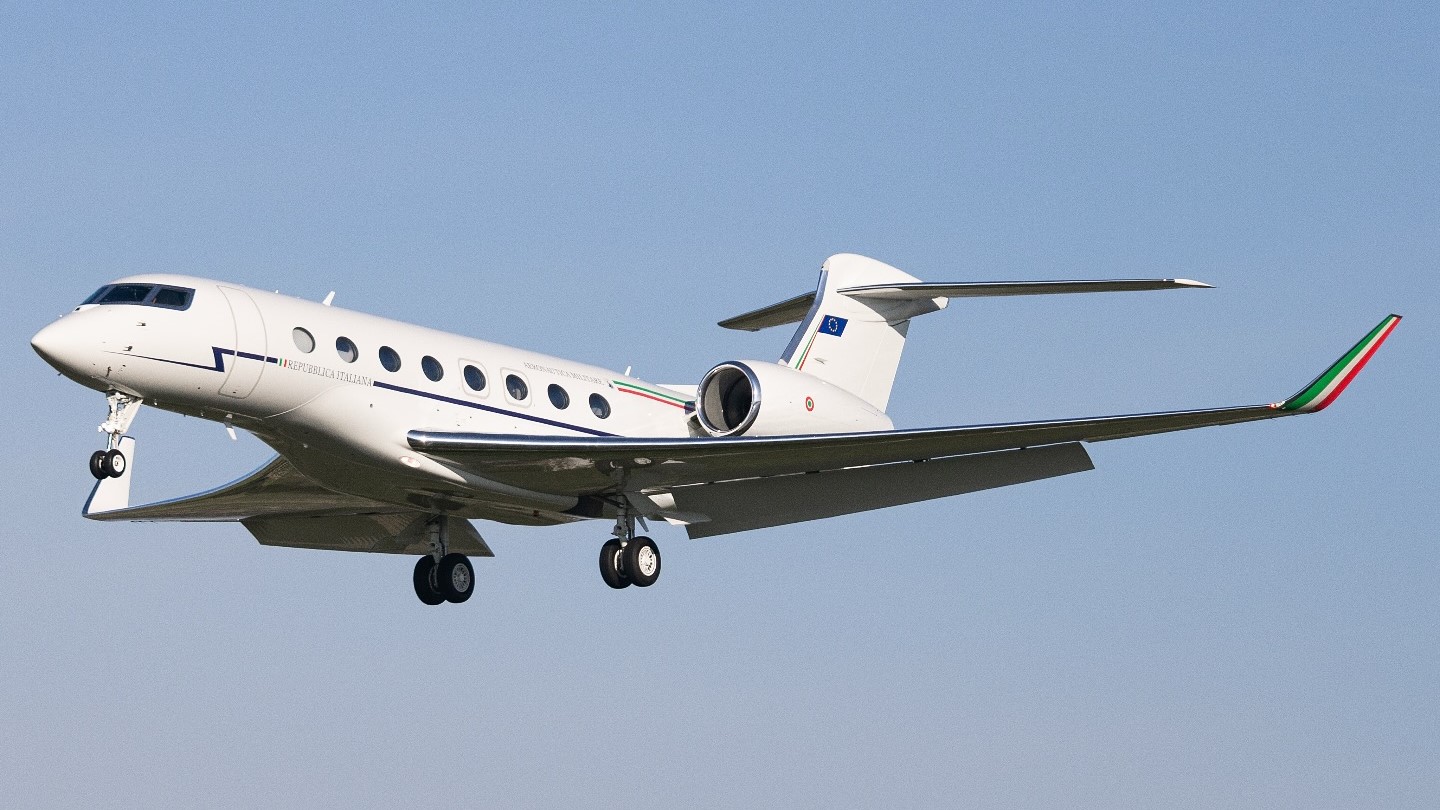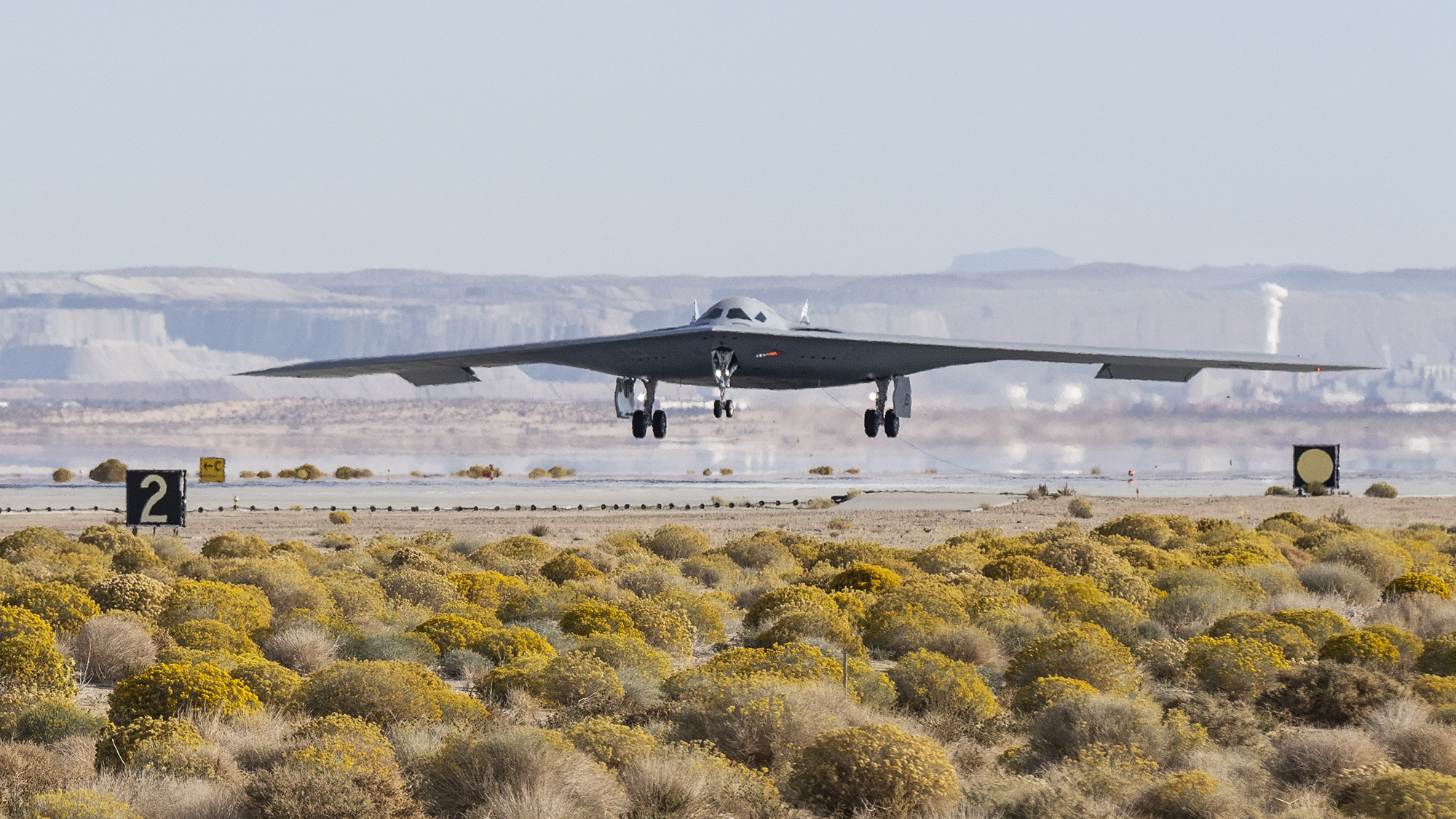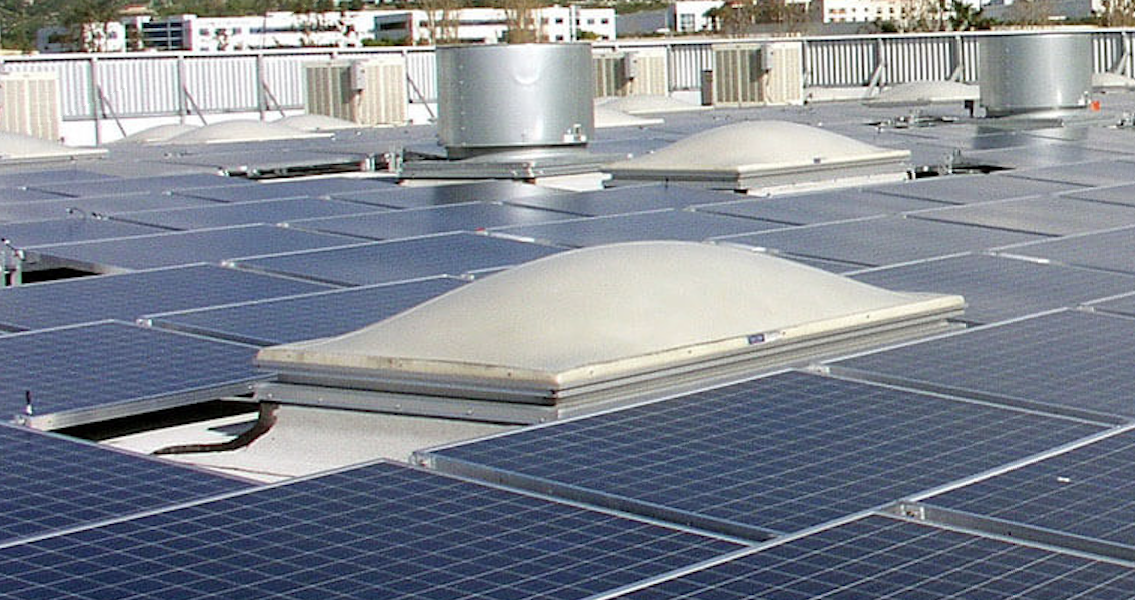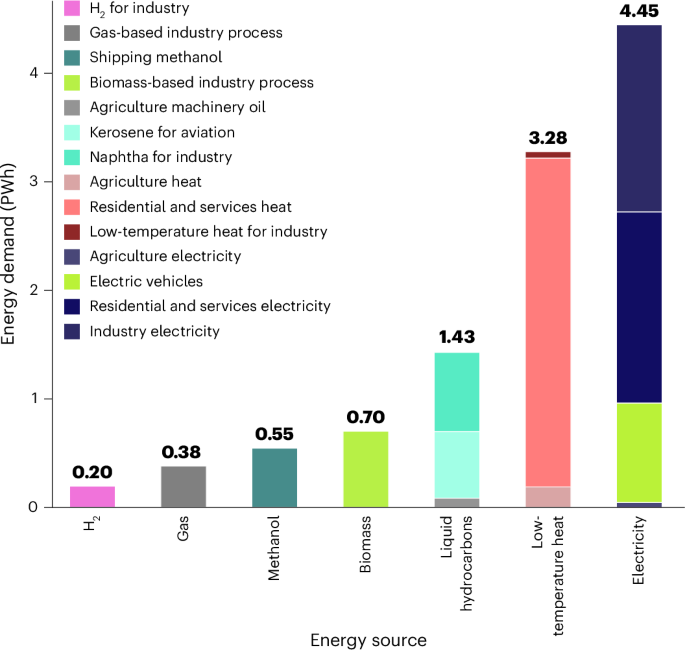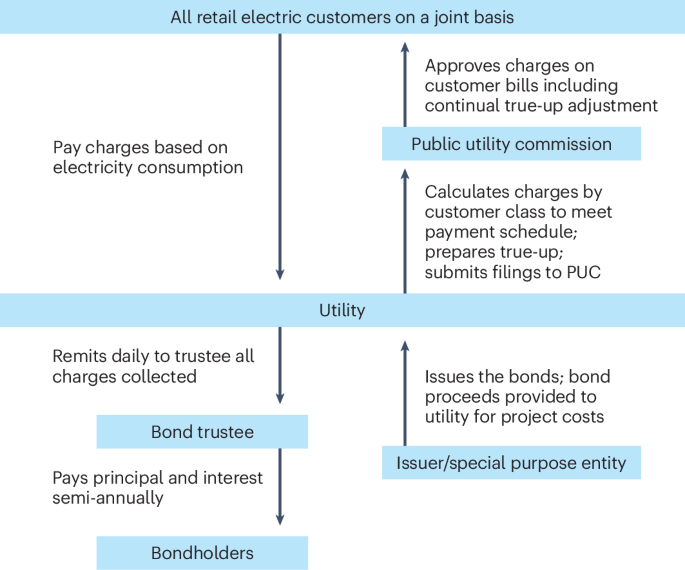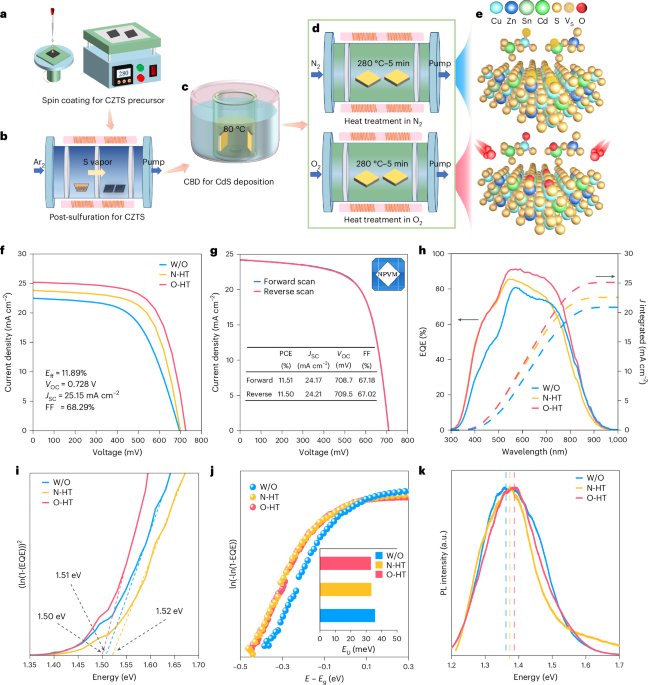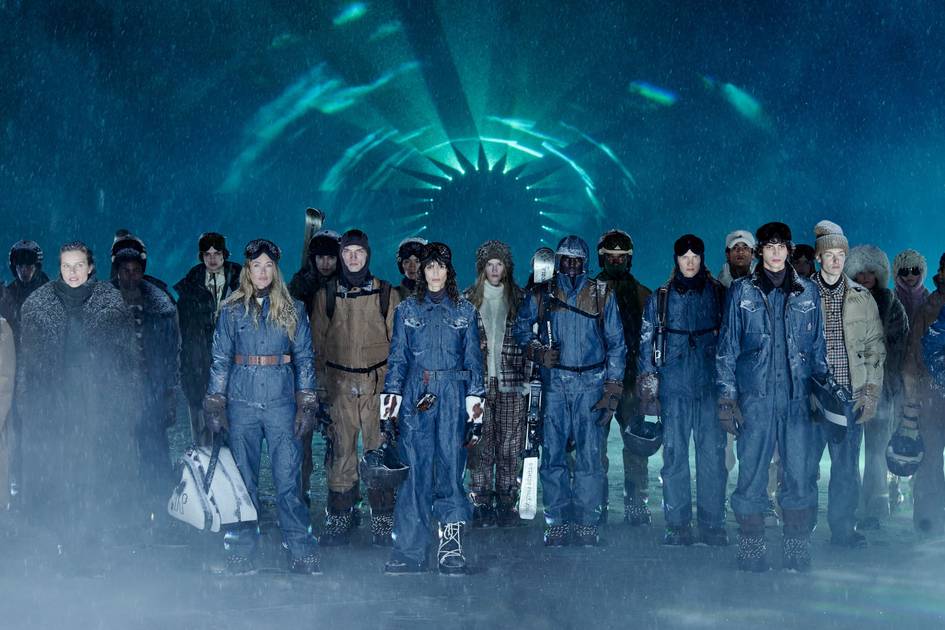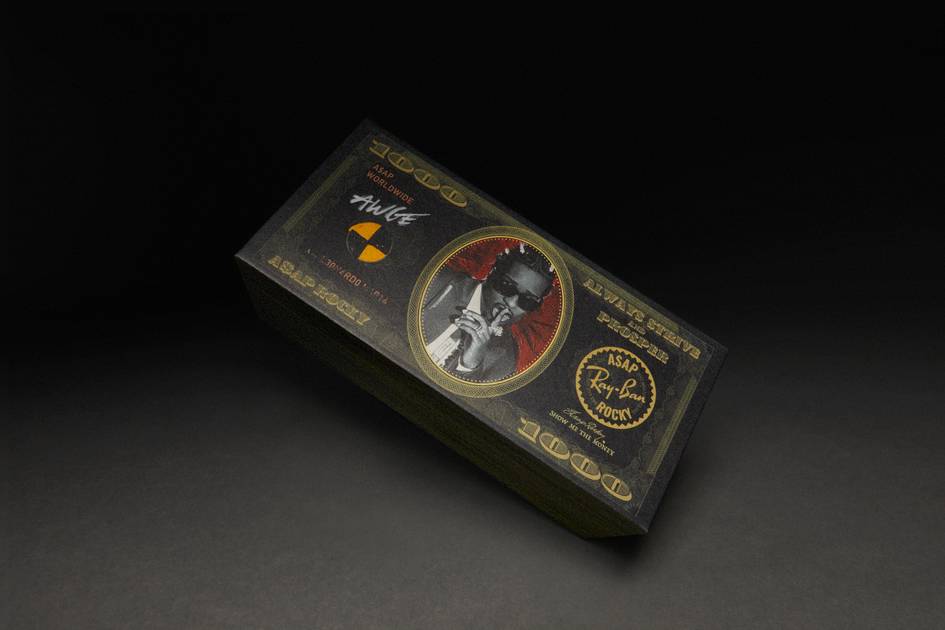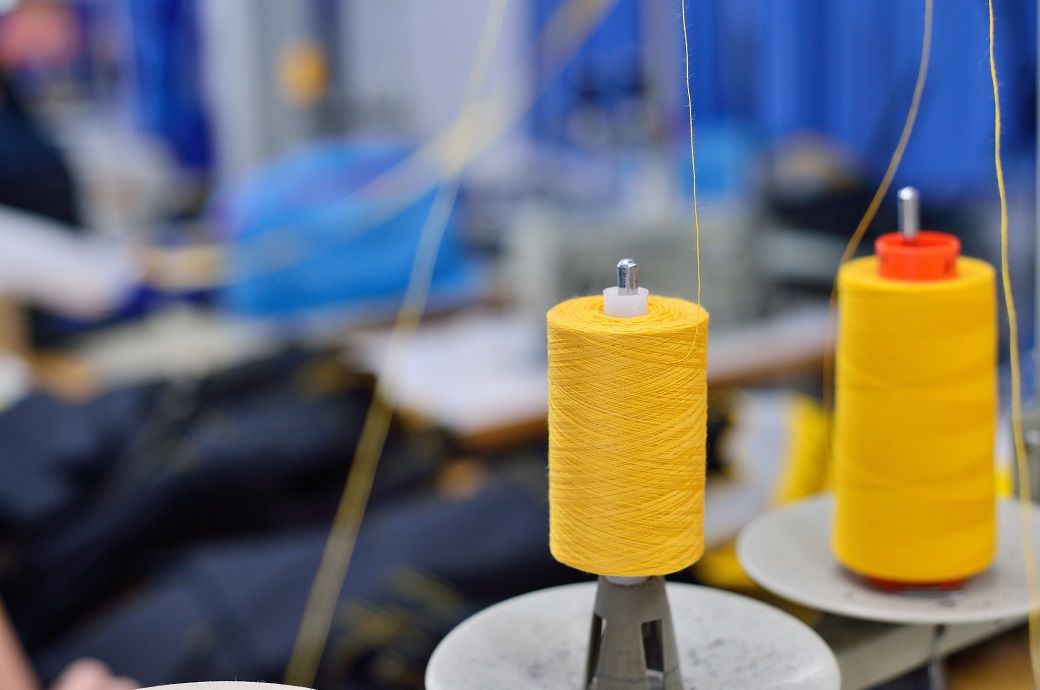Contracts for SSC’s next iteration of MEO missile tracking satellites delayed
“Unfortunately, we were, we were slowed down a bit by uncertainty in our budget,” said SSC’s Col. Rob Davis, delaying awards for Epoch 2 of the Resilient Missile Warning/Missile Tracking — MEO program by about three months.


Millennium Space Systems is developing 12 satellites for the initial configuration of the Space Force’s missile warning/tracking constellation in medium Earth orbit. (Courtesy Image: Millennium Space Systems)
SPACE SYMPOSIUM 2025 — The Space Force’s plan to make awards for a second batch of its future missile warning constellation in medium Earth orbit (MEO) has been delayed by about three months, Col. Rob Davis, head of Space Systems Command’s (SSC) Space Sensing program office, said today.
“Unfortunately, we were, we were slowed down a bit by uncertainty in our budget. So, the continuing resolution is not helpful for us — not having an understanding of our budget so late, deep into the year,” he told reporters at the Space Foundation’s annual Space Symposium in Colorado Springs, Colo.
SSC last August issued a request for proposals for Epoch 2 of its Resilient Missile Warning/Missile Tracking — Medium Earth Orbit program and was planning to pick up to two vendors to build 18 satellites for the effort in January, Davis explained. “So, now we’re going to April or May,” he said.
Each spiral of satellite development under the MEO program are called Epochs, and will be delivered every two to three years. The aim is for each batch to include improved capabilities. Epoch 2 is being designed to include “the maturation of MW/MT sensors, optical cross-links, data fusion, constellation mission management and robust ground communications,” according to a Feb. 16, 2023 SSC press release.
SSC awarded Raytheon Intelligence & Space (now RTX) and Boeing’s Millennium Space Systems in January 2023 to build six MEO MW/MT Epoch 1 prototypes to orbit in two different MEO planes. RTX was subsequently booted from the program in June 2024 due to cost overruns and performance problems with its design. SSC chose Millennium to replace RTX in October 2024, boosting the total number of satellites to 12 because those being built by Millennium are smaller than those RTX was designing.
The delivery of the first Epoch 1 birds is planned for the end of fiscal 2026, and the second plane is expected in early FY28. Davis said the program remains on schedule.
The entire MEO MW/MT program is projected to cost about $6 billion over the 2025-2029 period.
Davis said that the program is “hyper focused” on the hypersonic missile threat from US adversaries, and thus fits neatly into President Donald Trump’s Golden Dome initiative to develop a multilayer shield over the US homeland to repel all kinds of missiles.
Hypersonics are “the exact type of threats that are potentially against the homeland,” he said. “The Golden Dome is designed to detect, track, engage and defeat. So, we were already heading in that direction. We obviously could do whatever the nation asks us to further support that whole overarching kill chain against that threat.”










